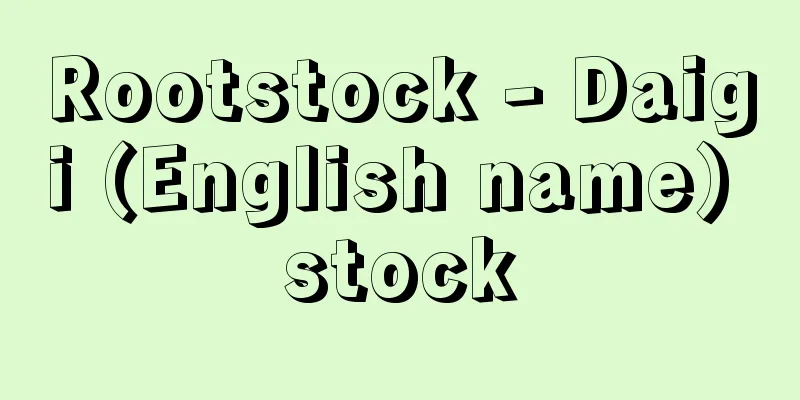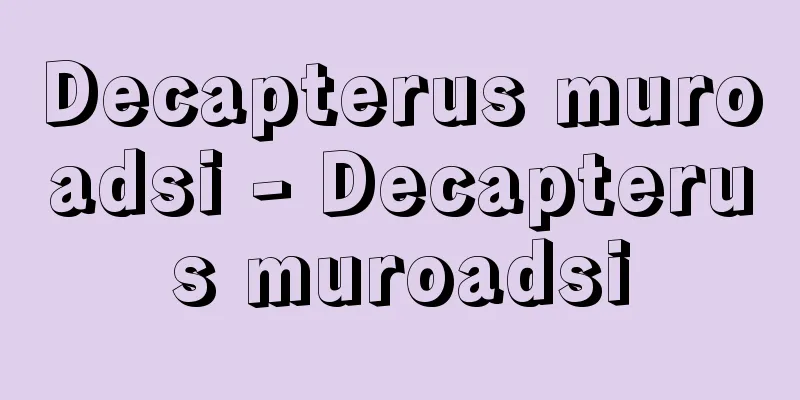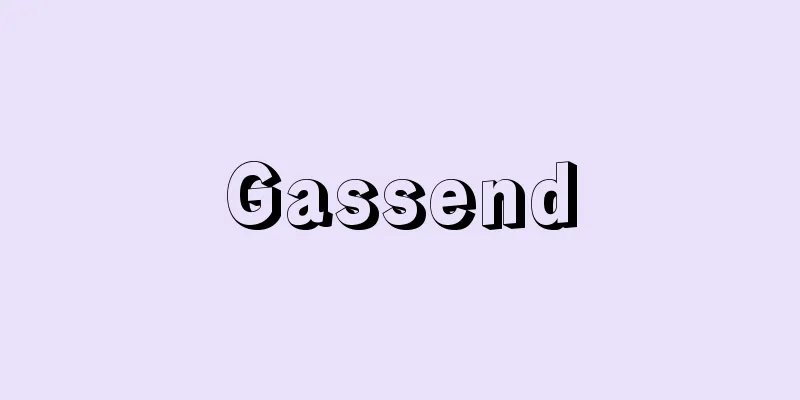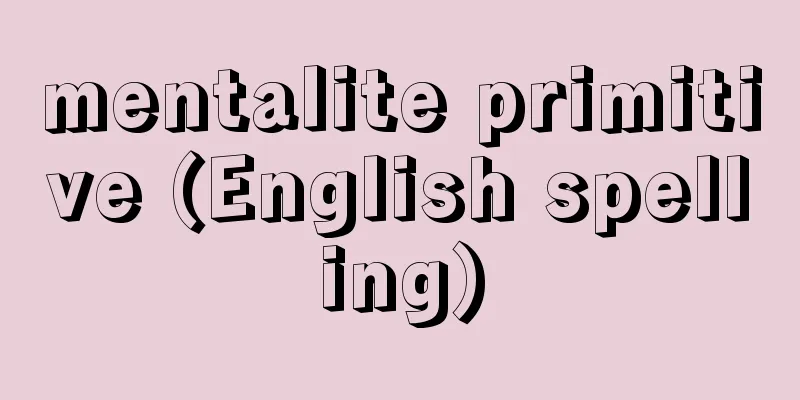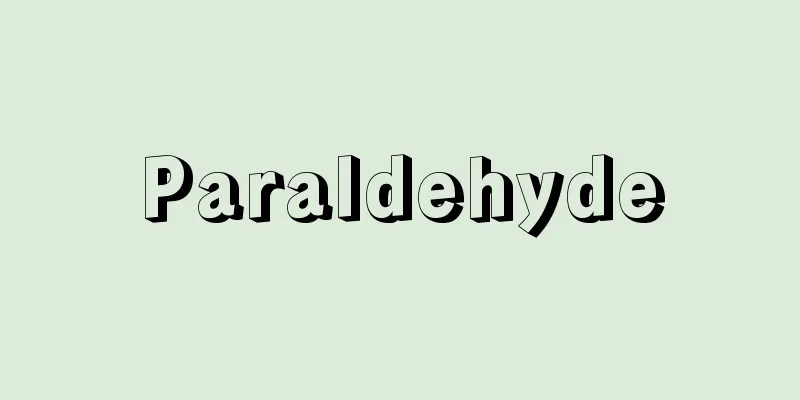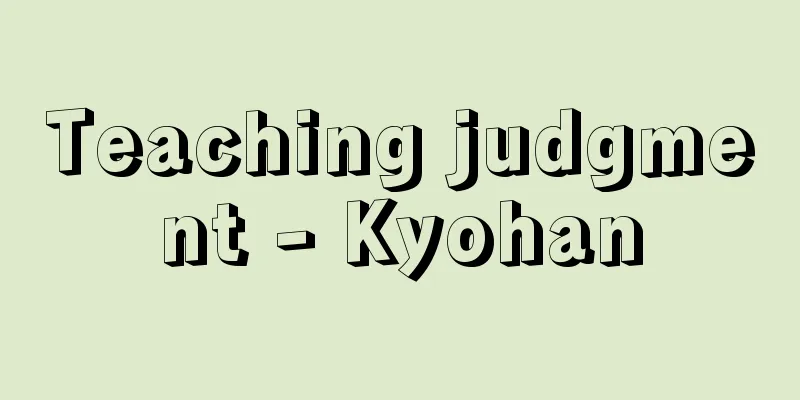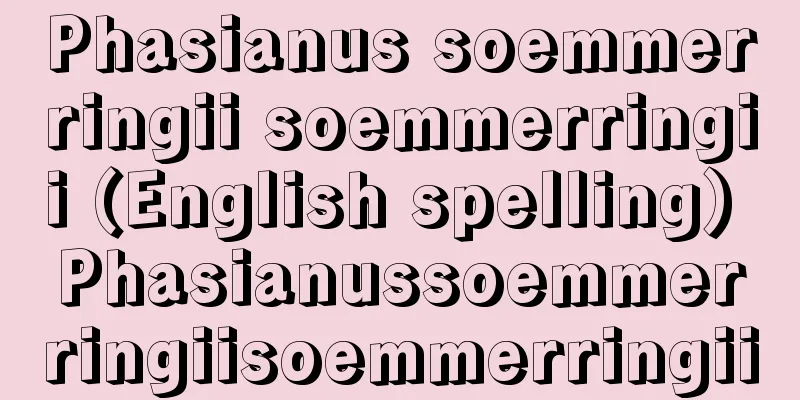Anti-hero
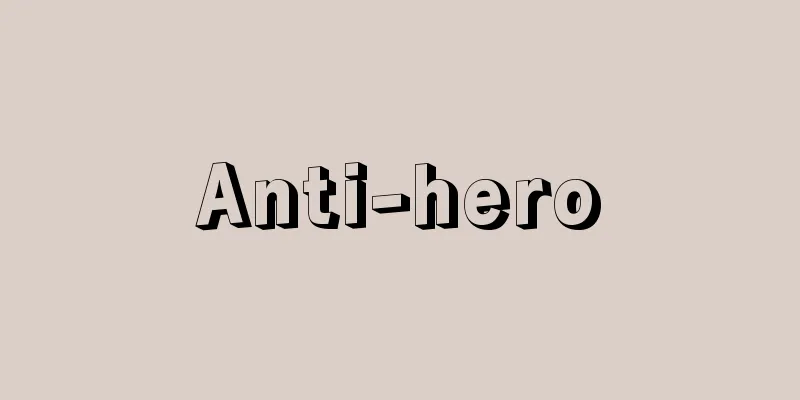
|
Translated as "anti-hero." Originally, the word referred to the "picaro," or "villain," the protagonist of the "picaresque novel" (rogue novel) that arose in 16th-century Spain. "Hero" originally meant "heroic," and the protagonists of many epics and romances were exemplary people, literally "heroes." In contrast, the protagonists of picaresque novels were petty and sometimes evil people who could hardly be called heroes, so they were anti-heroes in the sense of "anti-heroes." Source: Heibonsha World Encyclopedia, 2nd Edition Information |
|
〈反主人公〉と訳す。本来は16世紀のスペインに勃興した〈ピカレスク小説(悪漢小説)〉の主人公である〈ピカロ〉すなわち〈悪漢〉を指す言葉であった。〈ヒーロー〉とはもともと〈英雄〉を意味し,多くの叙事詩やロマンス物語の主人公(ヒーロー)は模範的な人物で,文字通り〈英雄〉であった。それに反してピカレスク小説の主人公は,とうてい英雄とは呼べない卑小で,ときに邪悪な人物であるから,〈反英雄〉の意味でのアンチ・ヒーローであった。
出典 株式会社平凡社世界大百科事典 第2版について 情報 |
Recommend
Oldham coupling - Oldham coupling
…Fixed shaft couplings include flange-type fixed ...
Heliographic coordinates
Longitude and latitude coordinates to indicate the...
Groot, H.de (English spelling) GrootHde
...Dutch jurist. His Dutch name was Huig de Groot...
Elsholchiaketone - Elsholchiaketone
...The inflorescence is covered with oblate bract...
Caste - Kaasuto (English spelling) caste
In medieval India (after the 8th century AD), var...
Searcher
An American film produced in 1956. Original title:...
Slobodkin, LB (English spelling) SlobodkinLB
…RH Whittaker has compiled these data to estimate...
Ulcerative colitis
Concept : A diffuse, nonspecific inflammatory dise...
Qurrat al-'Ayn (English spelling)
1817‐52 An Iranian female poet and Bábí. Born into...
Ariga Kizaemon
Born: January 20, 1897 in Nagano [Died] December 2...
Okinawa green tree frog - Okinawa green frog
...On early summer nights, flocks of them gather ...
PT - Potential transformer
Voltage transformers are used in power systems to ...
Aleksandr Nikolaevich Radishchev
A Russian thinker and poet. Born into a wealthy a...
Family legend
…In contrast to the so-called external family, wh...
Hodēgetria (English spelling)
...The great development of the iconography occur...

